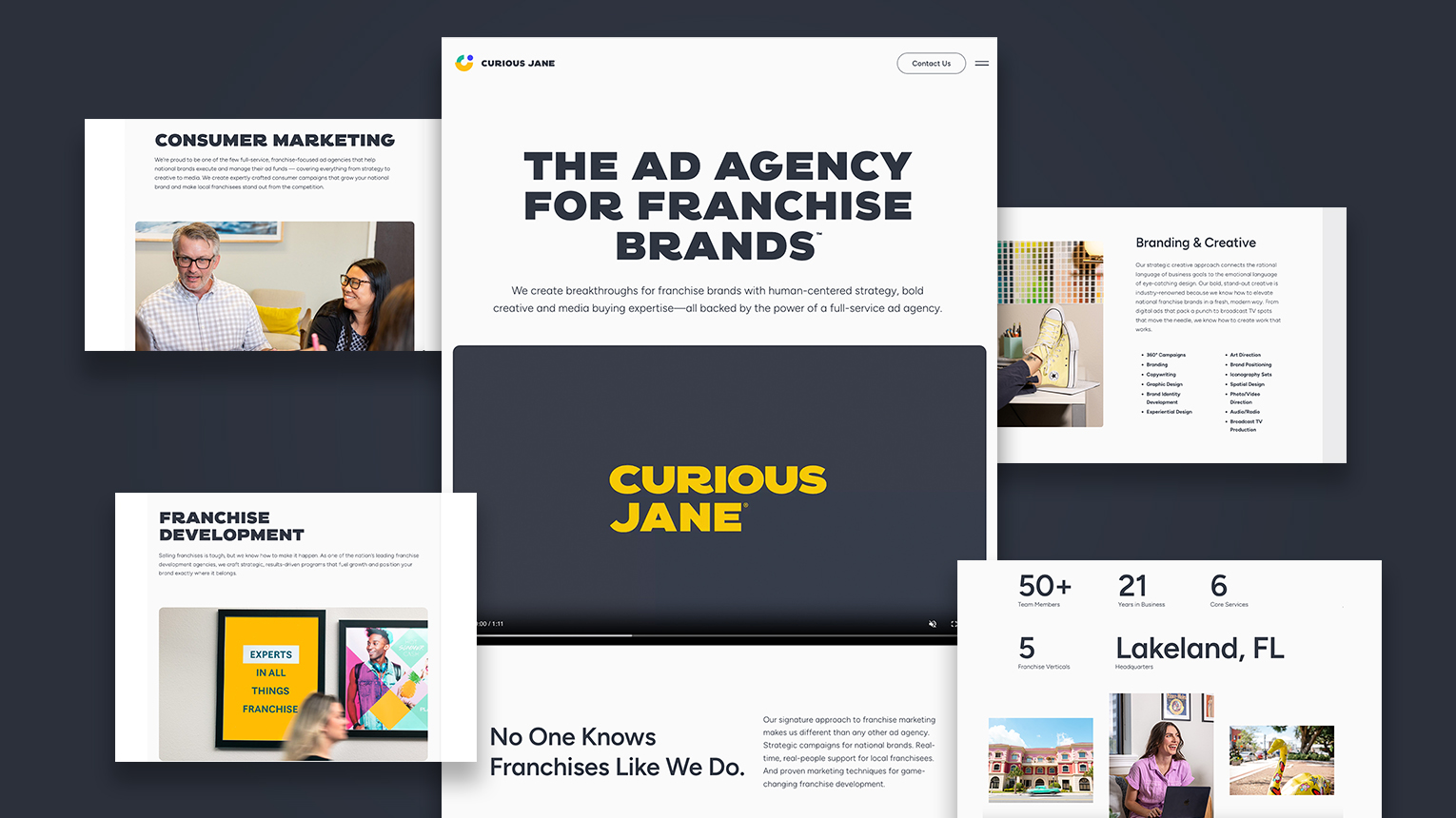Franchises Need to Prepare for Marketing Without Third-Party Data
Google celebrated the new year by turning off cookies for 1% of Chrome users – about 30 million people. So, why is Google killing cookies?
One word: Privacy.
Google and other tech giants took a page from Europe’s General Data Protection Regulation (GDPR) to protect online user data. The European Union passed GDPR in 2016, but there is no U.S. law (yet) that mandates doing so. California has passed the California Consumer Privacy Act, however, which applies to businesses collecting data from its residents.
Still, as consumers have become more concerned about privacy, U.S. tech leaders have been promising to do more. In 2021, for example, Apple allowed iOS users on ATT’s network to opt out of tracking while using social media platforms on their iPhones; 80% exercised that option.
Google has been promising for quite a while that it would phase out cookies. And yet, many franchise brands seem unprepared for how this will affect their advertising campaigns.
Goodbye to Third-Party Cookies
The end of cookies matters to advertisers because it will affect audience building and targeting across media-buying platforms. In the past, many media-buying platforms were able to serve relevant ads to potential customers by using audiences built with third-party data.
With the end of cookies and third-party data, advertisers will need to get creative with their own first-party data or leverage new solutions and campaigns offered by media-buying platforms.
Winning With First-Party Data
The good news is that you own the information on who visits your website, so you can have retargeting display ads follow website visitors all over the web.
That’s not your only option to gather first-party data, either. Ask yourself:
- Is your CRM integrated with media buying platforms?
- Is your GA4 account connected to your CRM?
- Are you working with your social media marketing agency to set up a Meta Conversion API?
Is your CRM integrated with media buying platforms?
Your customer relationship management (CRM) system is a terrific repository of first-party data from your current customers and hot leads. It makes sense to use what you know about your current customers to create lookalike audiences for targeting on various ad platforms. For example, you might upload your customers’ email addresses to Meta and ask the platform to use its own first-party data to serve ads to users who are similar to your customers.
Is your GA4 account connected to your CRM?
Google Analytics 4 replaced Universal Analytics last summer. Because GA4 measures activity on your own website, you own that data, and you can use it to build audiences.
Are you working with your social media marketing agency to set up a Meta Conversion API?
The Meta Conversion API (or Facebook CAPI) is designed to help businesses deliver personalized advertising experiences to audiences while maintaining data privacy.
If the answer to these questions is yes, then you have plenty of options to use first-party data to market your franchise. When set up correctly, your website and CRM can provide tons of data that will help you effectively market to your ideal customers. When they are linked to your media-buying platforms, you can use custom audiences built in analytics and your CRM for campaign targeting.
If the answer is no, however, then you need to start making these connections or get your agency involved in helping you get set up. We helped our clients position themselves for this change more than a year ago, because – as we said earlier – Google promised it was coming, and we took them at their word.
Paid media targeting isn’t the only thing affected by the end of cookies and privacy concerns. If your CRM is set up correctly, you can also leverage your first-party data in email marketing and SMS, or text, marketing.
The end of cookies will change how you target future customers, but it’s not dire. With some planning and the use of valuable tools like your CRM and GA4, you can use your own data to continue to reach and convert potential customers using data you already have.







